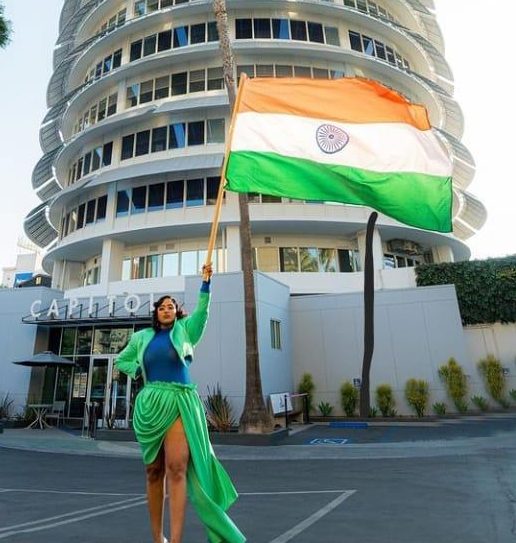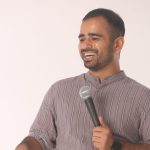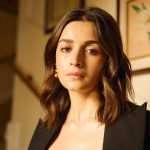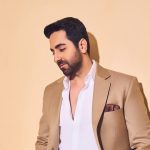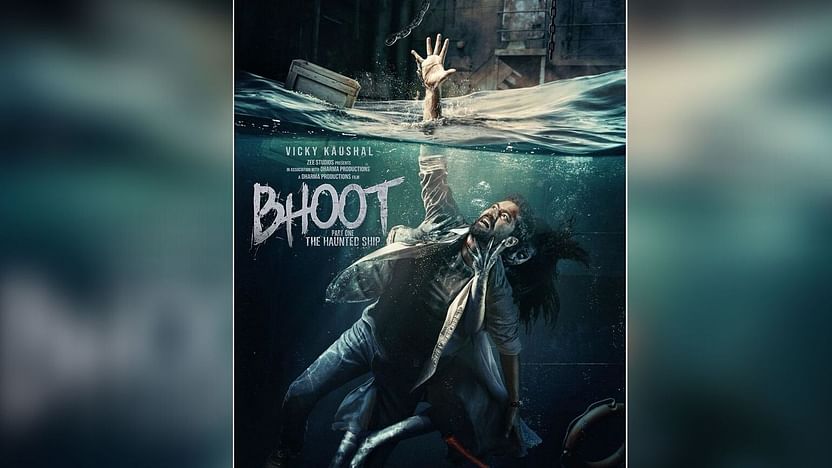The American Indian artist who was commissioned to perform at the AAPI inaugural ball as part of the Joe Biden-Kamala Harris Inauguration, has lent her voice to popular chart-busters such as Allah Duhai Hai, Husn Parcham, the Wakhra song besides writing and producing her own music. She has been part of the Dubai Expo 2020 as well. Manju Ramanan in a tete-a-tete with Raja Kumari.
How did you take to the performing arts and blending Bharatanatyam and Hip-hop in one thread?
Music has been a big part of my classical dance and training. I am trained in three dance forms: Kuchipudi, Bharatanatyam and Odissi. The first dance that I did as a six-year-old was to Mahishasur Mardini, so I was a demon slayer at six. Between the ages of eight and 14 I would do a 15-city tour in India with an elaborate eight-piece orchestra. I just wanted to bring the whole 360 degree drama onto the stage with me through my music and dance. I’ve been practicing Indian classical dance since I was about five years old. I trained with my guru for 7 hours a day. I always knew I wanted to connect people through art, and this was my way of doing that. I think my parents poured all their Indianness in me.
To me, it is a big deal. I think when you do it for 20 years, it’s part of you. I haven’t given a performance in a few years as I have been busy with my music but I would love to do a classical performance. Everything I do comes through the prism of classical dance. Apart from incorporating Indian rhythm in my music, my onstage persona is totally a result of me being a classical dancer first. I can never turn up for a performance without being elaborately dressed. It is sad that Bollywood doesn’t do much classical stuff anymore. It is shocking how a country that preserved certain values and traditions for thousands of years suddenly has begun to forget those in favour of Western culture. I have learnt to treasure whatever bits of India we could find in the US. You don’t know how it feels like to be in a room full of people who look like you. I seldom had that growing up.
How did you take to rapping?
As a teenager, I started listening to hip-hop music and found that this was the best way to express myself. When I first listened to The Fugees’ The Score that my brother presented to me, I fell in love with music. It wasn’t until I got to high school and was watching bands like NSYNC that I realized I could do this for a living. In high school, I would always freestyle rap in cyphers and that’s kind of where my style was born. I started writing and recording my own songs and performed at a few clubs here and there and I loved the feeling of being on stage. I wrote poetry as a child and we studied Shakespeare, and things like the iambic pentameter and a lot of stuff about the arts. So when I heard rap and hip-hop, I immediately appreciated it as an art form. It’s poetry set to rhythm. See, I had already toured India with an orchestra, so I had spent time with the violin, mridangam, nattuvangam, veena and flute. I would be intimately involved with ragas but I did not learn it. Like I know adi tala but as a child, nobody sat me down and beat that in me. I learned classical dancing but the music was just something that I was moving to. And I realised that rap was just like jaathi. I remember the day I unlocked the art form, I was like: ‘Oh my god, we have been rapping for thousands of years. Also, I have always felt that hip-hop has been the voice of the marginalised, the minority… it speaks of struggle. I mean, I wasn’t struggling financially because my father was a doctor and as with most American success stories, dad gave me the American dream. But in way of identity, I struggled a lot, especially having to make sense of the two worlds. I had a lot of friends who liked hip-hop and they didn’t have the same lifestyle as me. They were not from very rich neighbourhoods… my best friend MC Bird, we made a hip-hop group together; actually he taught me a lot about hip-hop. The genre also helped me feel and understand everyone.
Did being coloured ever pose a challenge to you? How did you deal with it?
One of the main issues I faced trying to get started in America was racism. I was always told to tone down my ethnicity, that I was “too Indian” to be successful in America. I struggled to find someone to look up to as South Asian kid in America. I remember, on weekends I would travel for classical dancing and wouldn’t necessarily share that with my friends. I would come to school with the alta (painting the palms and feet with a red dye) fading on my hands and they’d ask me what is that? Do you have a hand disease? Things are evolving in the US now. I like to call it the ‘brown renaissance’ Indians are more relevant in so many fields, especially entertainment.
My family did a really great job for preserving the culture for us. We don’t fake it. We wear sarees for pujas, my mom does Vijayadashami and Navratri, I have studied Indian music and dance. As a result my style is just a balance between the East and the West. I think learning to navigate both worlds with authenticity has helped me become the artist I am today. I have carved a place for myself in the male-dominated music circuit by staying authentic and rooted to my culture. I think there a lot of women in the industry who say a lot of things from the female perspective about relationships, broken hearts, love lost, pain, sadness, happiness or sexiness; there are so many of those voices. I felt like we were missing my perspective. Of course, I could sing soft and beautiful songs but there are many people to do that.
You were chosen to sing at the virtual Asian American ball. Tell us about the experience?
I performed “NRI” at the AAPI inaugural ball as part of the Joe Biden-Kamala Harris Inauguration, and representing the Indian-American community was absolutely surreal. The song was written out of a desire to claim space that was never meant for us…and performing this song for such a momentous occasion shows just how far we have come as a culture…that a little Indian girl born in Los Angeles could grow up and pursue her dream to represent her culture and be a part of such a historic day. This election was personal for so many of us and watching Kamala Harris become the first South Asian & African American women to hold the office of Vice President will be the most awe inspiring moment…something we tell our children about. The Biden administration has already set the tone by celebrating diversity and cultural exchange, not only on the campaign but also on their choices for the cabinet. A lot of people want to focus on the division in the US, but I’m more inspired than ever to focus on our mutual goals for a better America. I feel proud and can resonate with this administration and am looking forward to a less divided, more united America.
Your collaboration with DIVINE and then being part of Gully Boy?
Divine and I had been fans of each other’s music for some time and connected on the internet. Gully Boy has given a much-needed fillip to the hip-hop culture and has made the genre more mainstream. I feel India has so much talent and that hip hop revolution has begun!

